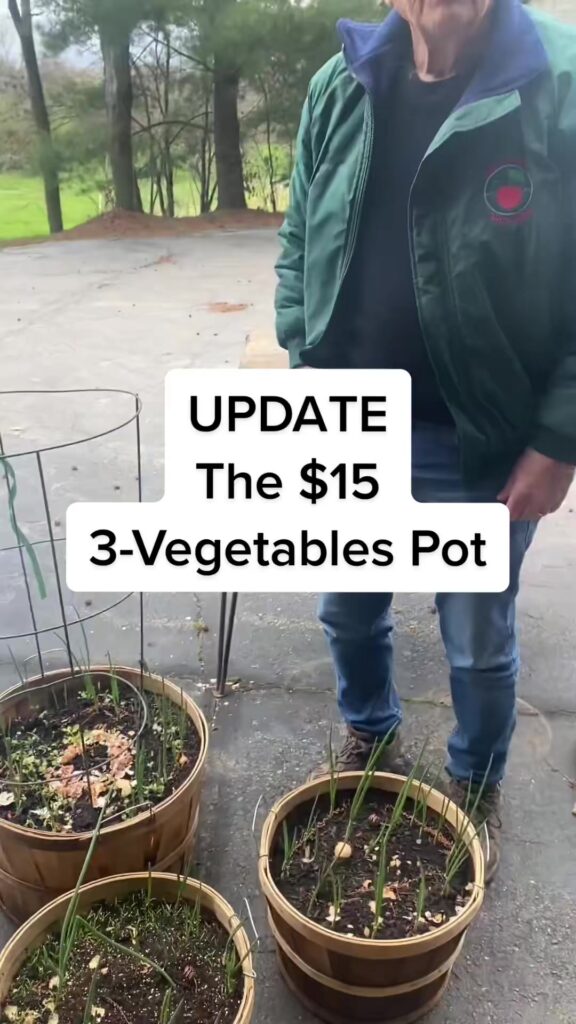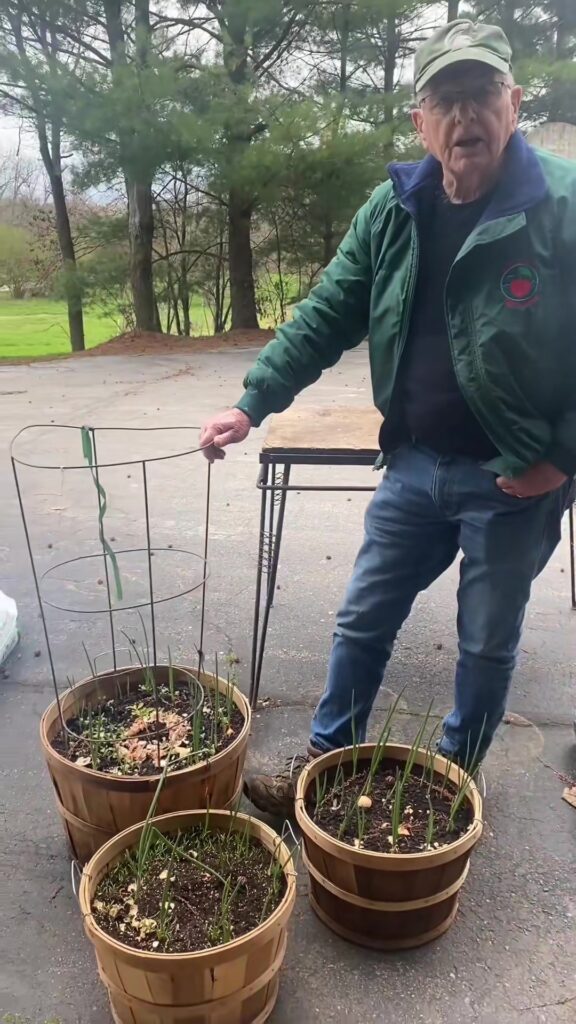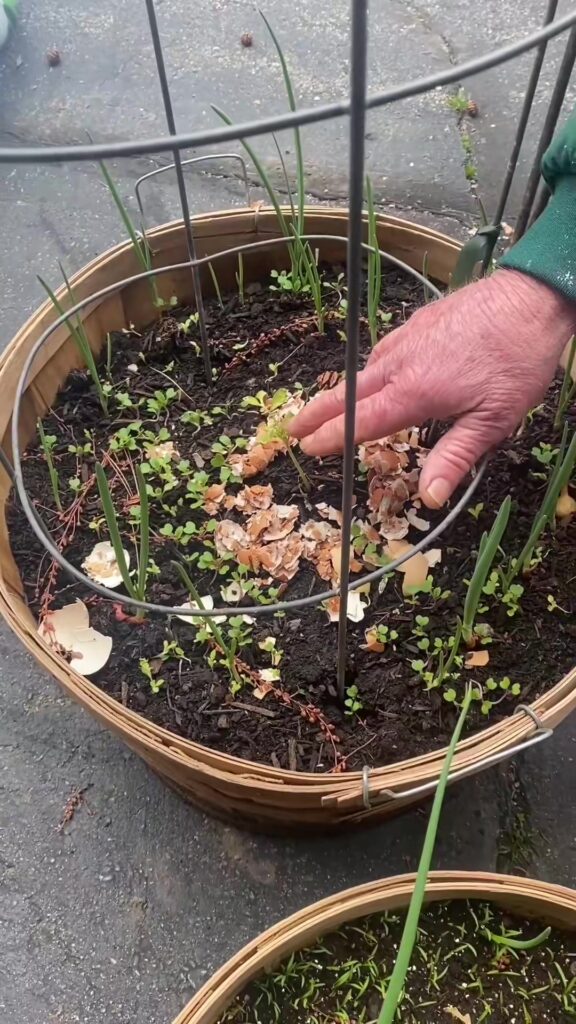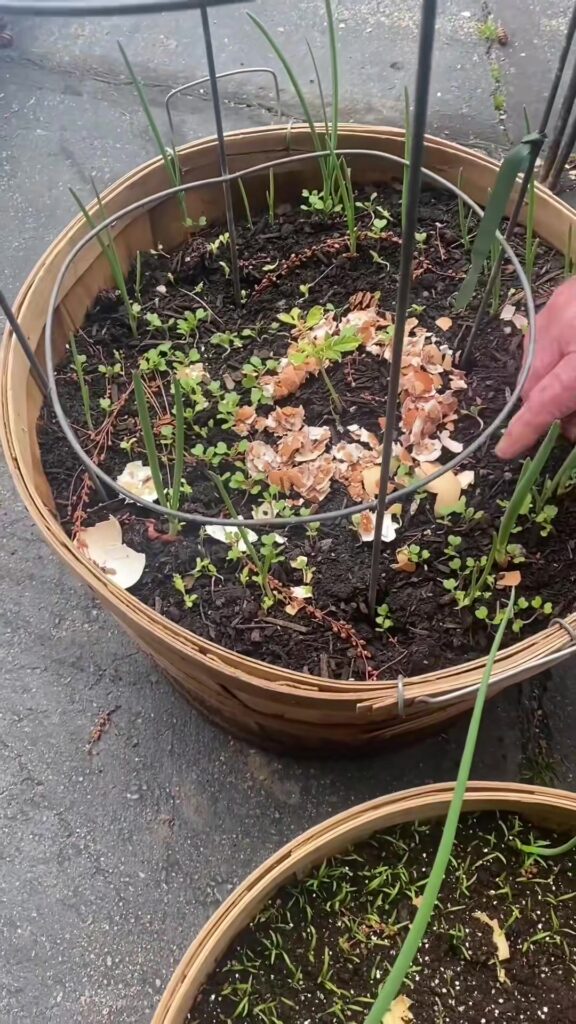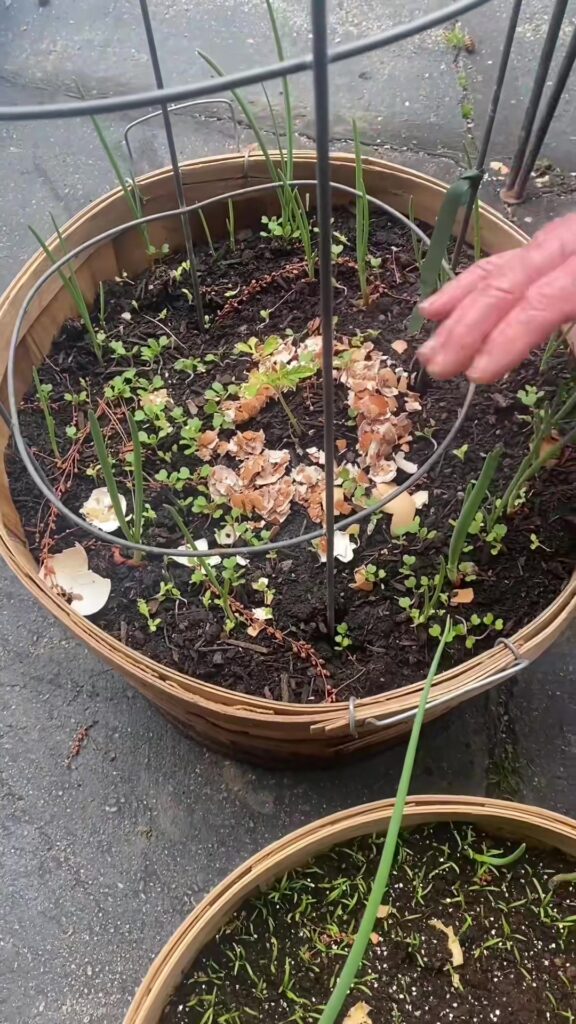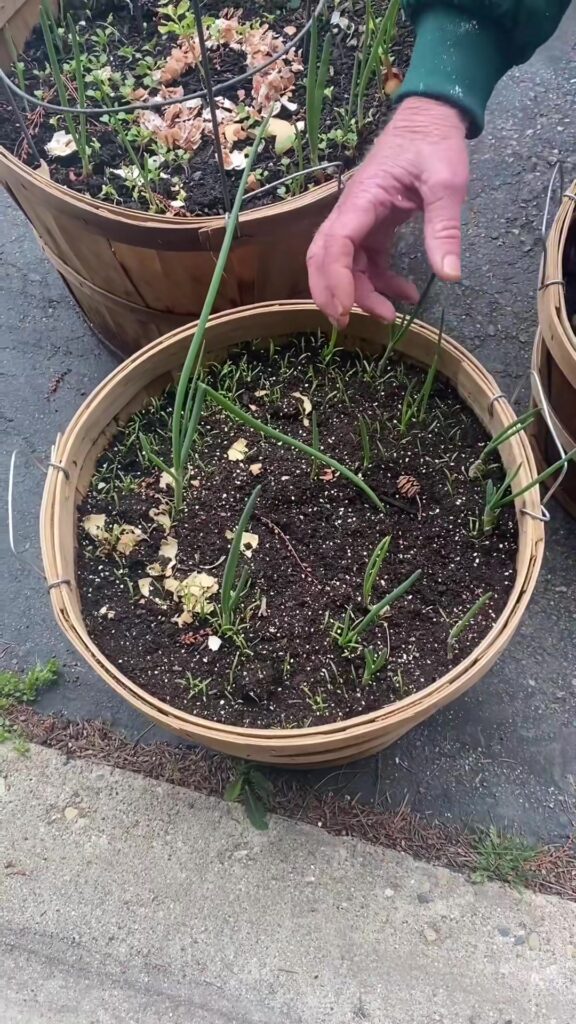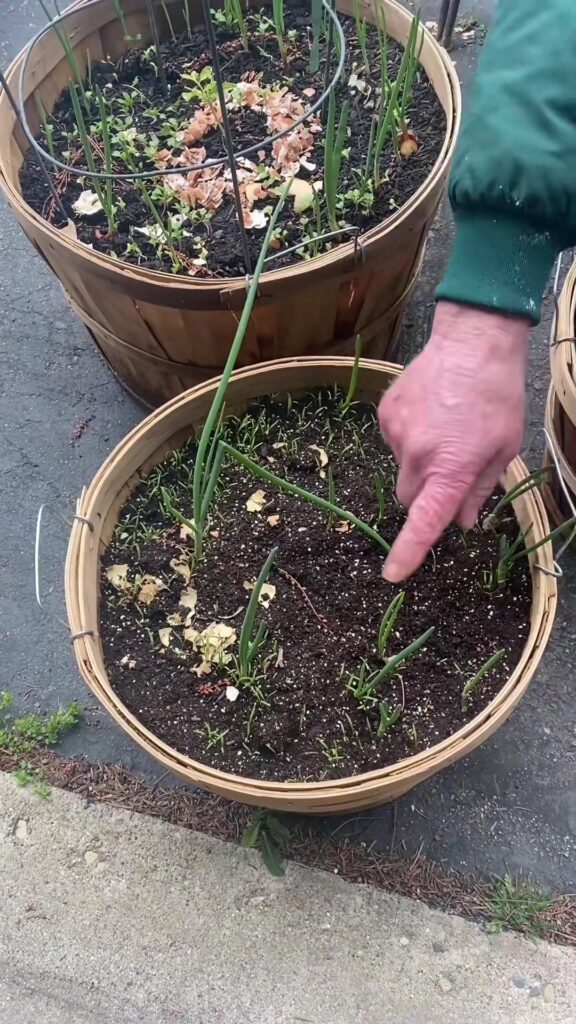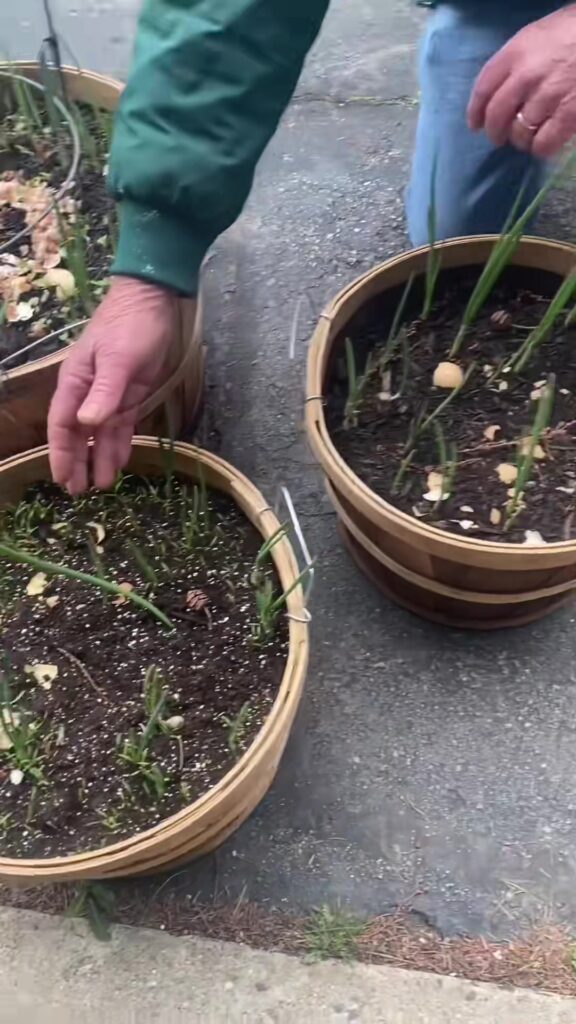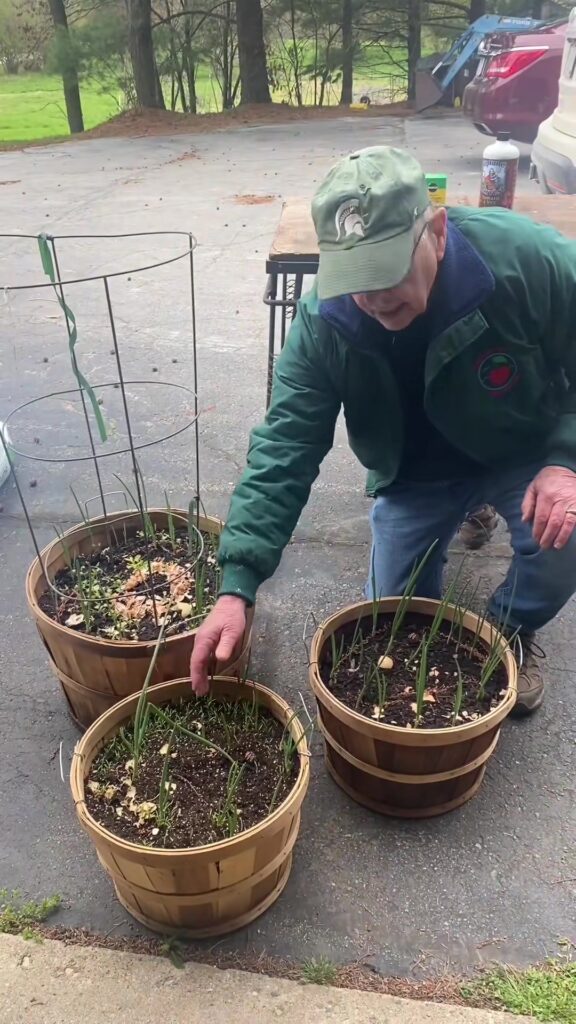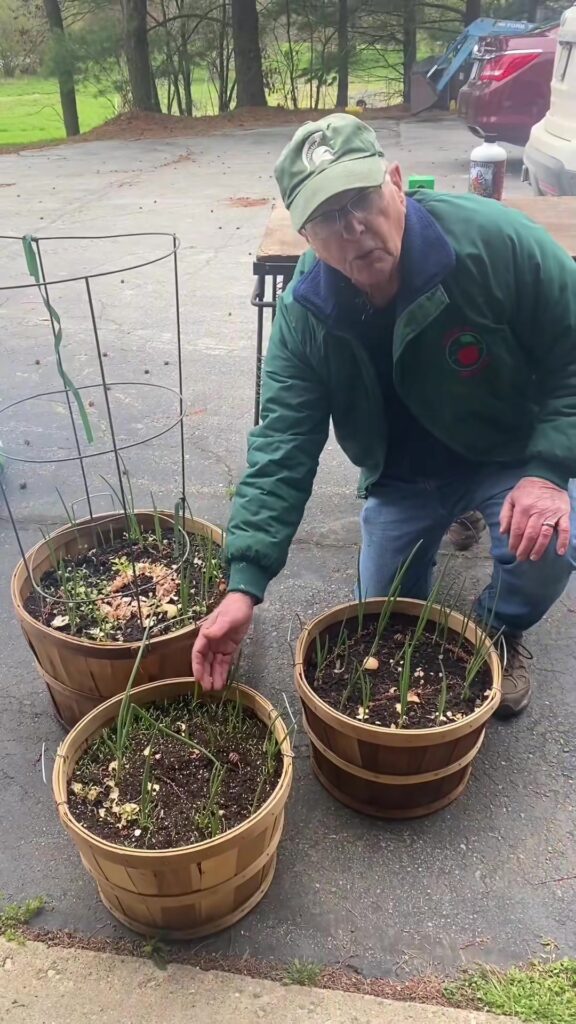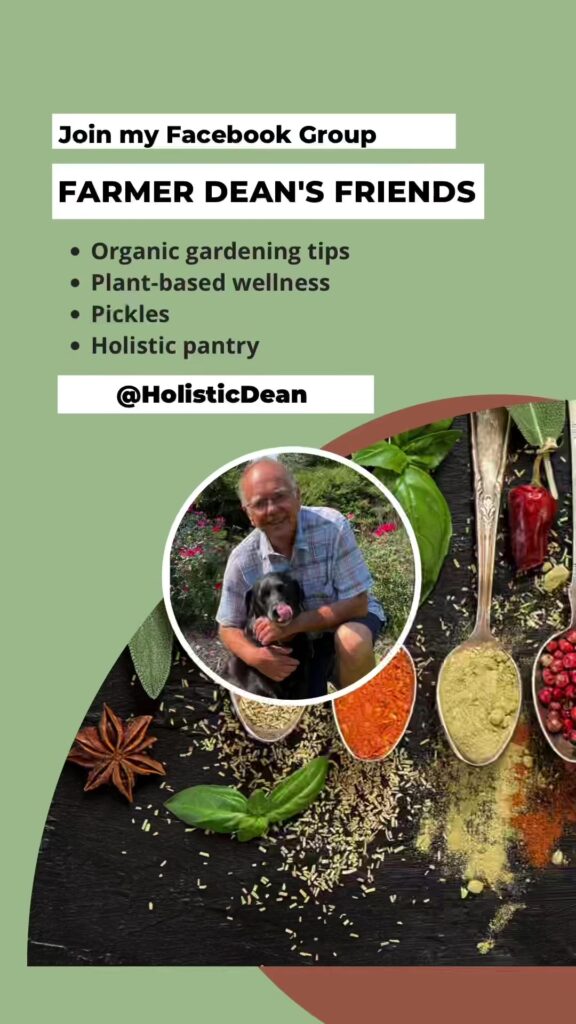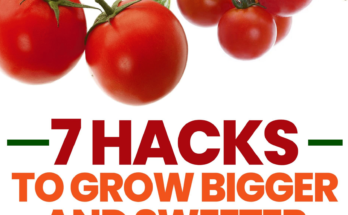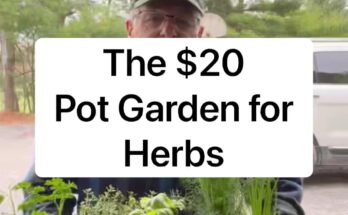Container gardening has become increasingly popular among home gardeners, especially those who have limited space, such as apartment dwellers or urban residents. Growing organic vegetables in pots offers a practical, sustainable way to enjoy fresh, homegrown produce right from your balcony, patio, or backyard. In this organic gardening vegetables pot update, we’ll explore how to get started, what to plant, and how to maintain a healthy, thriving organic container garden.
Benefits of Organic Container Gardening
Growing vegetables in pots organically has several advantages:
- Space Efficiency: Ideal for small spaces, balconies, or rooftops.
- Mobility: Move pots to optimize sunlight and protect plants from extreme weather.
- Soil Control: Use high-quality, organic potting mix free from synthetic chemicals.
- Pest and Disease Management: Easier to spot and manage issues in individual containers.
- Eco-Friendly: Reduce your carbon footprint by growing your own food without synthetic fertilizers or pesticides.
Choosing the Right Pots
The type of pot you choose can significantly impact the success of your organic vegetables:
- Material: Use terracotta, ceramic, fabric grow bags, or BPA-free plastic containers.
- Size: Ensure pots are large enough for root development. For example, tomatoes need at least 5 gallons, while leafy greens can thrive in smaller containers.
- Drainage: Every container must have proper drainage holes to prevent root rot.
Selecting Organic Soil and Amendments
Start with a high-quality organic potting mix, not garden soil, which can be too heavy and poorly draining for pots. Look for soil blends that include:
- Compost
- Coconut coir or peat moss for moisture retention
- Perlite or vermiculite for aeration
Add organic amendments like worm castings, aged compost, or organic fertilizers (e.g., bone meal, kelp meal) to enrich your soil.
Best Organic Vegetables for Pots
Many vegetables grow exceptionally well in containers. Here are some top picks for organic container gardening:
- Tomatoes: Choose determinate (bush) varieties for pots. Use cages or stakes for support.
- Lettuce and Spinach: Quick-growing and perfect for shallow containers.
- Radishes: Great for beginners; grow quickly and require minimal space.
- Peppers: Both hot and sweet peppers grow well in pots with good sun.
- Carrots: Choose short-rooted varieties like ‘Parisian’ or ‘Little Finger.’
- Herbs: Basil, cilantro, chives, and parsley are ideal for small pots and frequent harvesting.
Organic Pest and Disease Control
Keeping your container garden organic means avoiding synthetic chemicals. Use these natural methods instead:
- Neem Oil Spray: Effective against aphids, spider mites, and mildew.
- Companion Planting: Grow marigolds or nasturtiums to deter pests.
- Manual Removal: Handpick pests like caterpillars or beetles early.
- Diatomaceous Earth: A non-toxic powder that repels soft-bodied insects.
Watering and Maintenance Tips
Potted plants dry out more quickly than those in the ground, especially in hot weather:
- Water consistently, preferably in the morning.
- Use self-watering containers or add mulch on top to retain moisture.
- Fertilize every 2-4 weeks with a diluted organic liquid fertilizer such as fish emulsion or compost tea.
- Rotate pots to ensure even light exposure.
Seasonal Updates and Pot Rotation
As the seasons change, rotate crops to maximize yield and maintain healthy soil:
- In spring, focus on cool-weather crops like peas, lettuce, and kale.
- Summer is ideal for tomatoes, peppers, and cucumbers.
- In fall, replant with radishes, beets, and leafy greens.
Empty pots should be cleaned and refilled with fresh soil or rejuvenated with compost between seasons to maintain soil health.
Final Thoughts
Organic vegetable container gardening is a rewarding and accessible way to grow your own food sustainably. By using quality materials, choosing the right plants, and practicing organic care methods, you can enjoy fresh, chemical-free produce right from your patio or balcony year-round. Keep updating and adapting your garden as you learn what works best for your space and climate!
